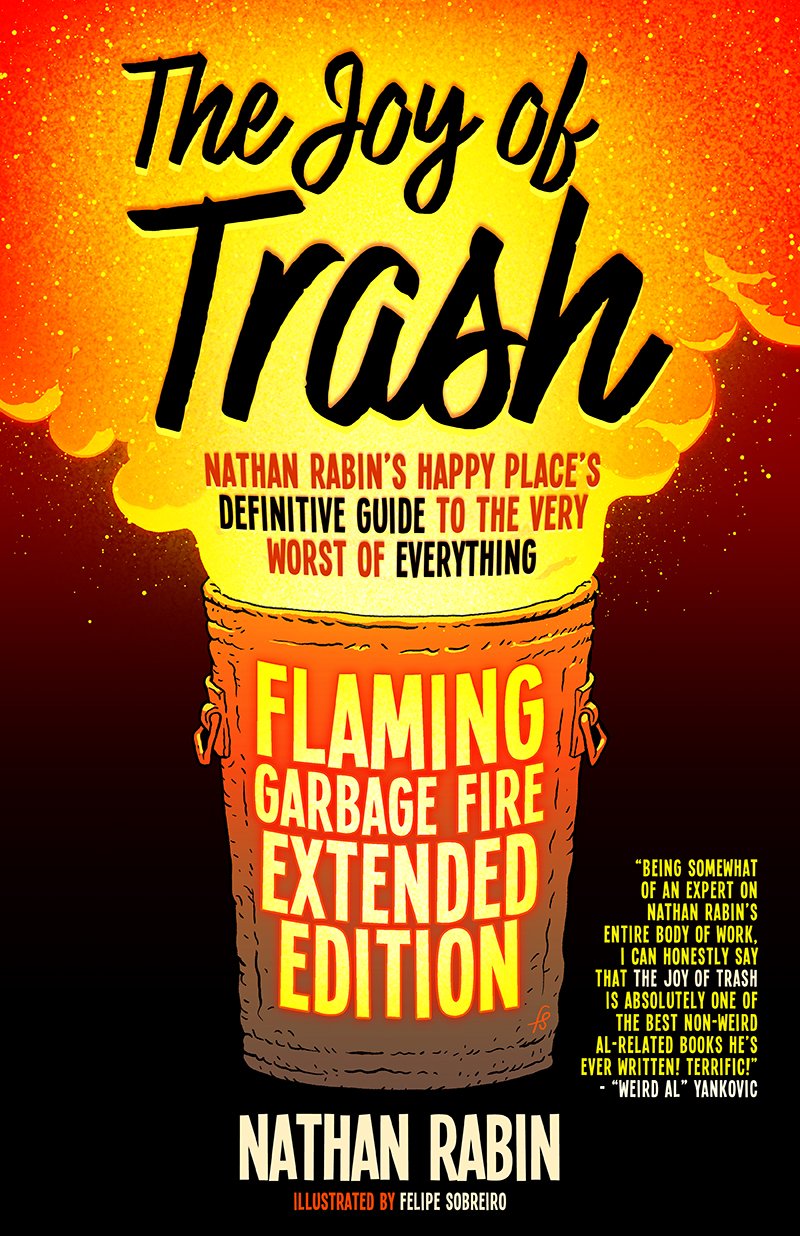How I Learned to Stop Worrying and Love Puff Daddy and Then Hate Him For the Most Legitimate of Reasons
When I started writing about Hip Hop professionally in the late nineteen nineties for The A.V. Club I was ferociously invested in its integrity and authenticity. I cared about Hip Hop. I probably cared too much.
And because I was overly invested in the integrity and authenticity of Hip Hop I had an innate hatred for Sean “Puff Daddy” Combs because he had single-handedly made the genre less authentic.
Puffy represented everything that real Hip Hop heads were supposed to abhor. Puffy was flashy. He was shamelessly commercial. He was pop. He degraded the art form of sampling by artlessly coopting hit songs from the 1980s. He was a cultural parasite and an opportunist who shamelessly exploited his personal and professional relationship with Notorious B.I.G, particularly following his violent demise. He was an abysmal rapper who didn’t even write his own terrible lyrics. He was a lazy producer who took credit for other people’s work. He treated the artists on his label deplorably, which is why they all pretty much left as soon as they could or were unceremoniously dropped.
Actually, I had some genuine reasons to not like Puffy. But over time my hatred of him softened. Part of that was attributable to age. The older we get, the less likely we are to be obsessed with the things that riveted us when we were younger.
We tend to harden or soften with time, to become more rigid and unyielding or understanding and accommodating. Sometimes we do both simultaneously.
I softened. I didn’t care as much about the things that were important to me as a young man. I was a passionate and prolific Hip Hop writer but I was also a white middle aged man with lots of things to worry about beyond Hip Hop.
I also started to see Puffy’s ostensible transgressions in a different, less critical and judgmental light. Who ultimately cared if he borrowed choruses from 1980s songs? I love the hits of the 1980s. I love pop music. Was it really such a crime to bring a heavy-handed pop sensibility to mainstream Hip Hop? Why did I care if he put hardcore gangsta rap group The LOX in shiny suits?
Puffy was a stiff and clumsy rapper with nothing to say and an unpersuasive manner of saying it and not much of a producer. But he did possess an important Hip Hop skill: he was an excellent hype man.
A man with one of the biggest egos in all of popular music found a lucrative niche making more talented rappers sound better. Because he was such a deft hype man, he ended up appearing on some of my Hip Hop songs, like “Special Delivery (Remix)” and “Lava In Your Ear (Remix).”
That’s another big part of my increasing fondness for Puff Daddy. As time went on I began to forget all of the things that pissed me off about the powerful Hip Hop executive. They didn’t seem so important anymore. At the same time I remembered all of the things that I did like about Puff Daddy.
I liked him as an actor. I thought he was funny in Get Me to the Greek and I’m Still Here. I began to fondly remember him as a major figure in an era of Hip Hop I have enormous nostalgia for. It didn’t seem to matter that he was a villain of the period, not a hero.
Needless to say any iota of fondness or admiration I felt towards Puff Daddy disappeared instantly the moment I read about Cassie’s lawsuit against the Bad Boy executive.
If Puff Daddy is guilty of even ten percent of the things he’s being credibly accused of then he’s not just a bad person and not worthy of praise of admiration: he’s a monster, a predator, a Hip Hop Caligula.
My issues with Puff Daddy, looking back, were essentially misdemeanors but it now seems apparent that he is, in fact, guilty of far worse felonies than anyone could have imagined.
It’s horrifying how flagrantly and sadistically men in the entertainment industry, particularly in music, abuse that power. Def Jam co-founder Russell Simmons was similarly accused of sexual transgressions and crimes by over a dozen women and while he resigned from pretty much all of his businesses, he remains a free man.
It turns out I didn’t know Puff Daddy at all. I just knew his public persona, the side of himself that he chose to show the world because he thought it made him look good. That’s what I was responding to early in my career when he still reigned as Hip Hop’s preeminent villain.
In the end Puff Daddy’s musical crimes pale in comparison to the horrifying sex crimes that he has been accused of committing by multiple women.
I’m not sure I’ll ever be able to listen to songs I used to love because of his contributions to them. As a hype man Puff Daddy’s job was to make songs better. Now just hearing Puff Daddy’s voice is enough to ruin songs.
It took two decades for me to learn to stop hating Puff Daddy. It took mere seconds for me to despise him for reasons far more valid and serious than the catalysts for my lazy old grudges.
Check out my Substack here
Did you enjoy this article? Then consider becoming a patron here
AND you can buy my books, signed, from me, at the site’s shop here




